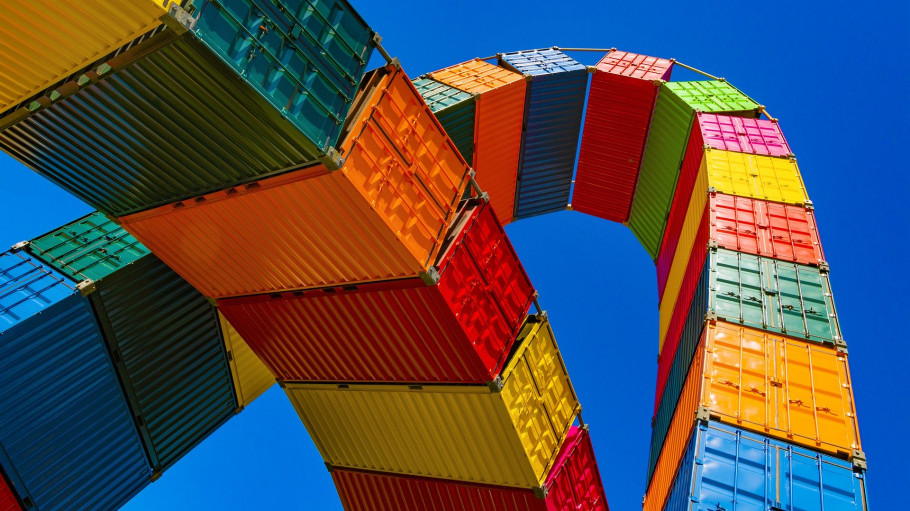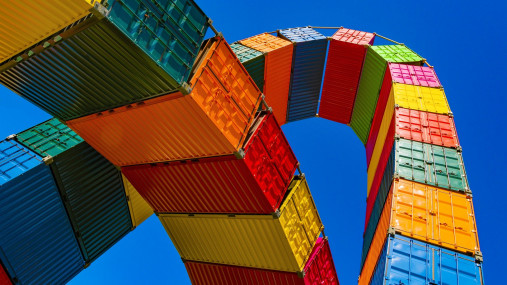

Although the EU public procurement market for goods and services is transparent and open to foreign bidders, there is growing lack of level-playing field in world procurement markets. Third countries are increasingly restricting access to their markets while their companies are winning significant contracts abroad – sometimes on unfair pricing terms or by challenging EU public procurement rules. This poses a threat to growth and employment in the EU, as it represents missed opportunities for exports but also increasingly in the domestic market.
Against this background, AEGIS Europe calls on the European Union to take a strong stance on reciprocity and other reforms needed in the field of public procurement. This is key to support the opening of international procurement markets while guaranteeing an adequate level of protection of the EU public procurement market against non-reciprocal and/or unfair competition.

Download this publication or visit associated links
Brussels, 26 February 2026 — Europe’s steel industry has warned that the current draft Industrial Accelerator Act could direct public support for low-carbon steel to producers outside the European Union, unless lawmakers include and tighten ‘Made in Europe’ provisions.
Brussels, 24 February 2026 - Europe’s energy-intensive industries have set out a series of proposals to ensure that the EU’s upcoming Electrification Action Plan delivers on its objectives to stimulate and boost electricity consumption in industry. In a joint position paper, industries warn that persistently high electricity prices risk undermining industrial competitiveness and decarbonisation efforts. They call for a policy framework that will enable EU industry in pursuing decarbonisation and industrial competitiveness.
Energy-intensive industries (EIIs) provide direct employment to around 2.6 million people in the EU and represent the foundations of critical and strategic value chains for the EU economy and society. The current economic and energy outlook of the European Union is making investments in electrification and the continued business operation of our sectors at serious risk, should the energy-cost challenge not be solved.